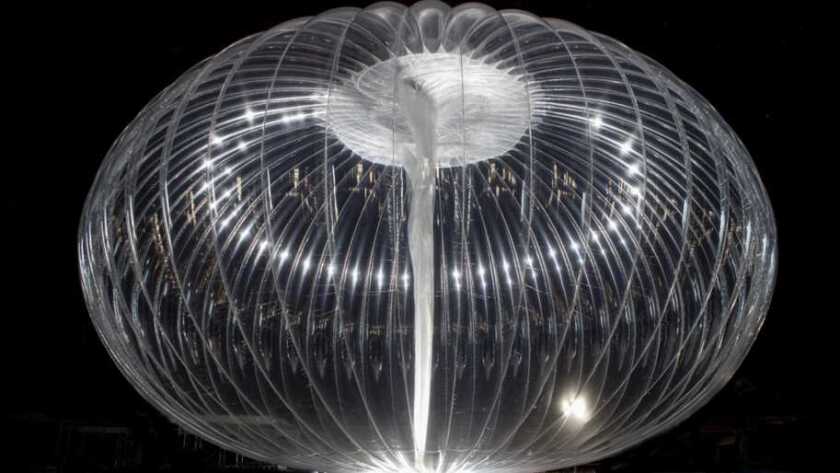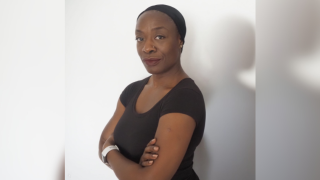SoftBank says that it has acquired approximately 200 patents from Loon, which was owned by Google’s parent company Alphabet.
Alphabet announced in January 2021 that Loon was winding down, because, said Loon CEO Alastair Westgarth at the time, “we haven’t found a way to get the costs low enough to build a long-term, sustainable business”.
The decision left a number of east African operators in the lurch. Telkom Kenya and Loon inaugurated a balloon-based service delivering a 4G network to remote areas of the country only months before.
That high-profile launch was announced in the presence of Kenyan president, Uhuru Kenyatta, as well as information technology minister Joe Mucheru, with Telkom Kenya CEO Mugo Kibati.
Loon was originally part of Google’s so-called Moonshot unit, designed to house and encourage new, bold projects. It was later moved to Alphabet’s X Company division before it was abandoned in January 2021.
But SoftBank appears to believe balloons – and related technology – have a future. Following the deal to acquire Loon’s patents, the group and its subsidiary HAPSMobile will collectively own approximately 500 high altitude platform stations (HAPS) related patents.
These patents “are related to network technologies, services, operations and aircraft for HAPS”, said SoftBank, which has invested substantially in HAPS technology.
SoftBank and HAPSMobile should know what they’re buying. Until Loon’s balloon project burst, HAPSMobile and Loon had what SoftBank calls “a strong track record of collaboration”.
In April 2019, they formed a strategic relationship to advance the use of HAPS vehicles, and in February 2020, they founded the HAPS Alliance and jointly completed development of a communications payload. This payload was used a year ago to deliver LTE connectivity from HAPSMobile’s Sunglider, a solar-powered, uncrewed aircraft system.
SoftBank said the sale of Loon patents was in line with its “commitment to support the HAPS industry and find ways for Loon’s innovations and technology to live on”. SoftBank has not said how much it has paid, and neither has Alphabet.
Meanwhile Westgarth has moved on. He is now CEO of Starship Technologies, which – despite its name – is not a space project. It is an Estonian company with a main office in California developing small self-driving robotic delivery vehicles. Janus Friis, one of the co-founders of Skype, is also a co-founder of Starship.






